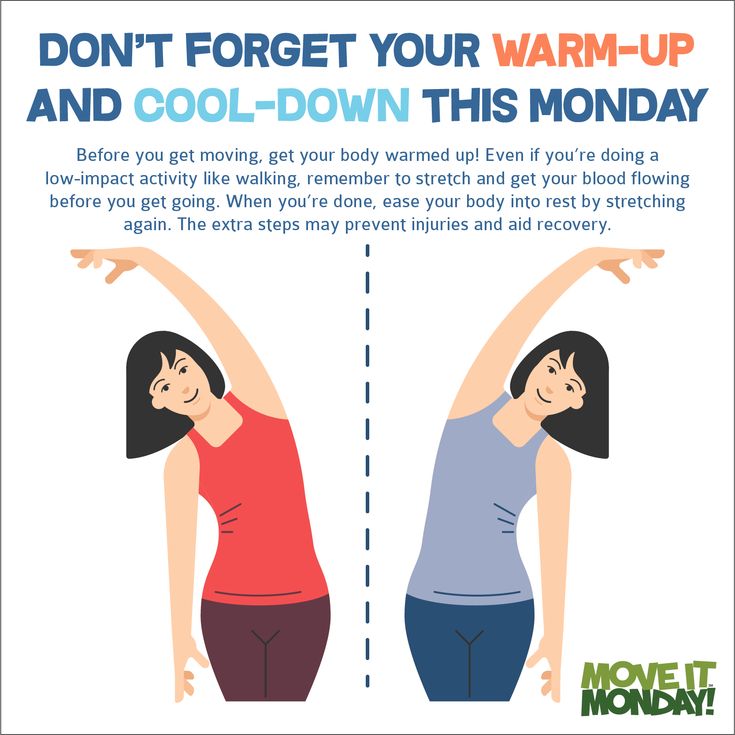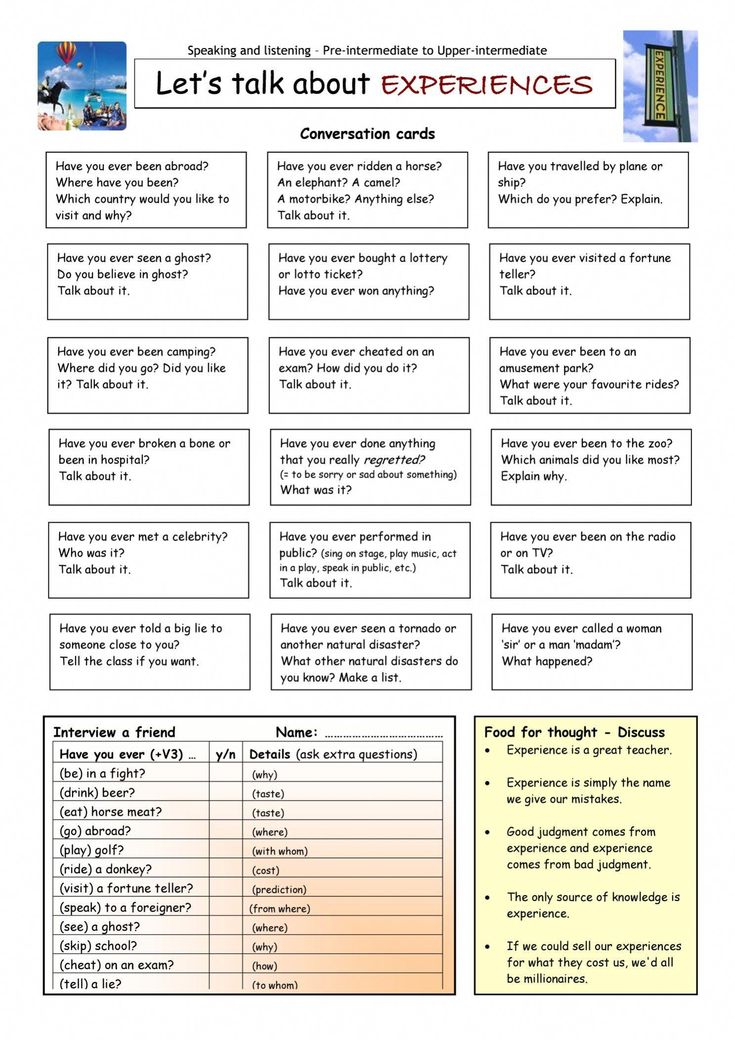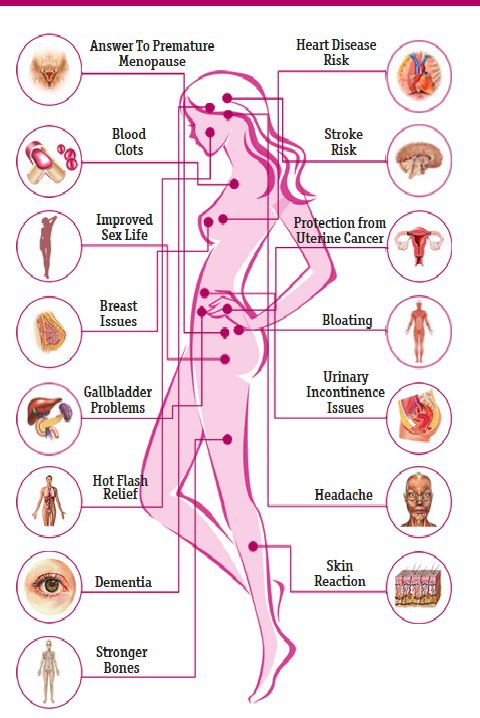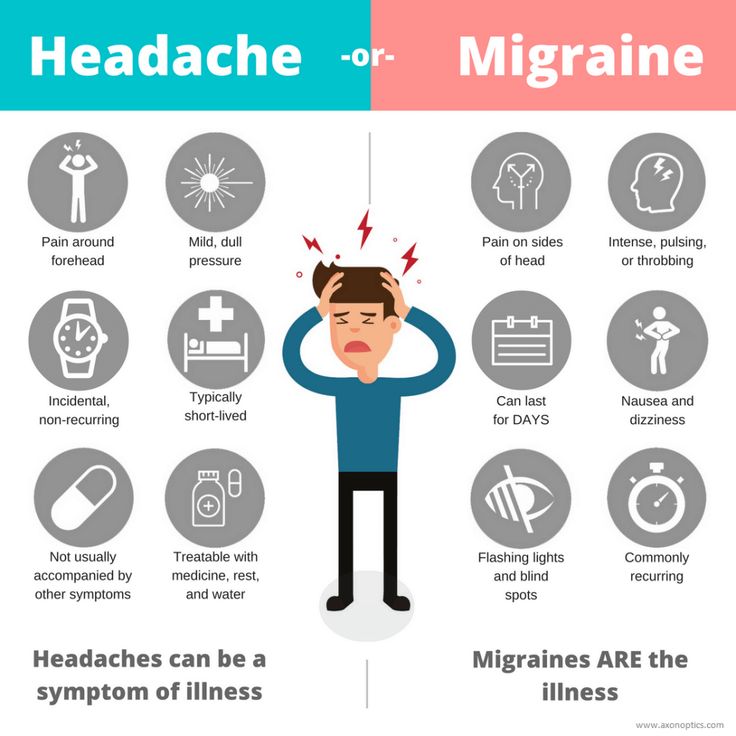How to ease your mind
14 Ways to Quiet Your Mind Explained
IMAGES PROVIDED BY:
1) Thinkstock Photos
2) Thinkstock Photos
3) Thinkstock Photos
4) Thinkstock Photos
5) Rawpixel / Unsplash
6) Thinkstock Photos
7) Thinkstock Photos
8) Thinkstock Photos
9) Thinkstock Photos and Kuo Chiao Lin / Unsplash
10) Thinkstock Photos
11) Thinkstock Photos
12) Thinkstock Photos
13) Thinkstock Photos
14) Thinkstock Photos
SOURCES:
Mindful: "A 5-Minute Breathing Meditation To Cultivate Mindfulness."
Cleveland Clinic: "Exercise: Mind-Body Exercises & Heart Health," "3 Reasons Adult Coloring Can Actually Relax Your Brain."
Seleni: "How can I stop my racing thoughts?"
National Sleep Foundation: "Relaxation Exercises for Falling Asleep."
Psychological Reports: "Benefits, Problems, and Characteristics of Home Aquarium Owners."
Anthrozoös: "Effect of aquariums on electroconvulsive therapy patients. "
Marriage & Family Review: "Health, Aquariums, and the Non-Institutionalized Elderly."
BBC: "Aquariums 'deliver significant health benefits.' "
Journal of Environmental Psychology: "Blue space: The importance of water for preference, affect, and restorativeness ratings of natural and built scenes."
WallaceJNichols.org: "The Cognitive Benefits of Being by Water."
Environment and Behavior: "Marine Biota and Psychological Well-Being: A Preliminary Examination of Dose-Response Effects in an Aquarium Setting."
Anxiety and Depression Association of America: "Exercise for Stress and Anxiety."
Mental Health Foundation: "Physical activity and mental health," "Altruism and wellbeing."
American Council on Exercise: "8 Reasons HIIT Workouts are So Effective."
PLOS ONE: "Twelve Weeks of Sprint Interval Training Improves Indices of Cardiometabolic Health Similar to Traditional Endurance Training despite a Five-Fold Lower Exercise Volume and Time Commitment.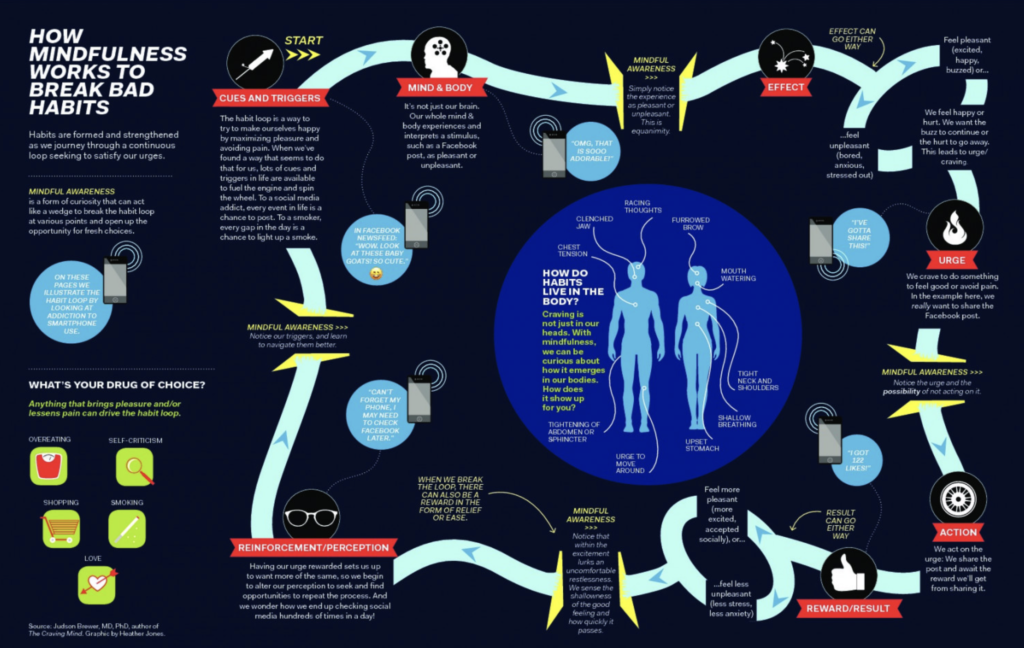 "
"
American Journal of Public Health: "The Connection Between Art, Healing, and Public Health: A Review of Current Literature."
The Dana Foundation: "The Amygdala: The Body’s Alarm Circuit."
British Journal of General Practice: "Music: a better alternative than pain?"
Mind: "How could relaxation help me?"
MentalHelp.net: "Socialization And Altruistic Acts As Stress Relief."
Berkeley Wellness: "The Benefits of Giving."
Ecotherapy -- the green agenda for mental health, Mind, 2007.
Peacock, J. The mental health benefits of green exercise activities and green care, Mind week report, February 2007.
Frontiers in Psychology: "The great outdoors? Exploring the mental health benefits of natural environments," "Psychosocial and Psychophysiological Effects of Human-Animal Interactions: The Possible Role of Oxytocin."
Journal of Attention Disorders: "Children With Attention Deficits Concentrate Better After Walk in the Park.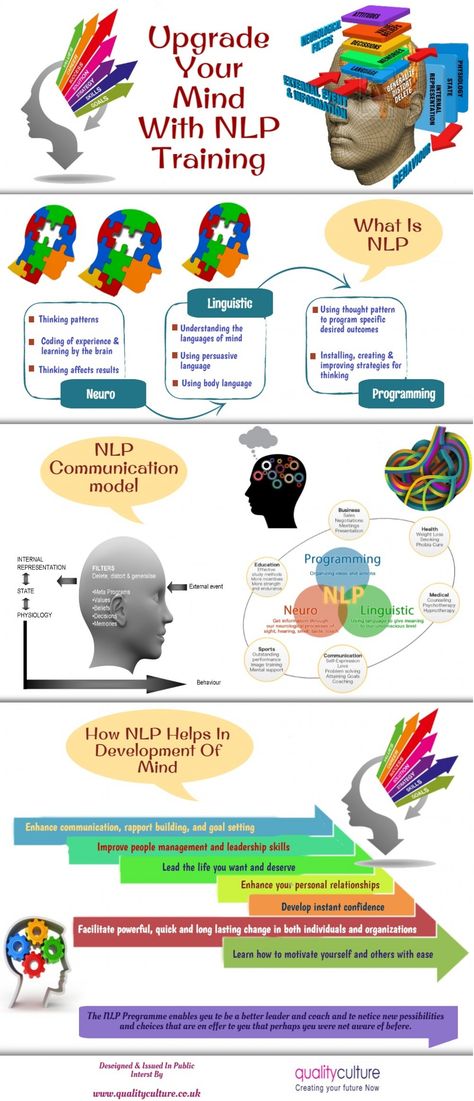 "
"
University of Minnesota, Taking Charge of your Health & Wellbeing: "How Does Nature Impact Our Wellbeing?"
Heart.org: "Spend Time in Nature to Reduce Stress and Anxiety."
AnxietyCanada: "How to do Progressive Muscle Relaxation."
Hormone Health Network: "What is Oxytocin?"
DIVERSEability: "Cats Make Great Therapy Animals."
Anxiety Canada Youth: "Visualizations: Mental Vacations."
Harvard Health Publishing: "Yoga -- Benefits Beyond the Mat," "Yoga for anxiety and depression."
National Center for Complementary and Integrative Health: "Yoga: In Depth," "Relaxation Techniques for Health."
Mayo Clinic: "Depression and anxiety: Exercise eases symptoms."
Harvard Business Review: "Quick and Easy Ways to Quiet Your Mind."
National Wildlife Federation: "It’s in the dirt! Bacteria in soil may make us happier, smarter."
Preventive Medicine Reports: "Gardening is beneficial for health: A meta-analysis."
Journal of Health Psychology: "Gardening promotes neuroendocrine and affective restoration from stress. "
"
Mental Health in Family Medicine: "Biofeedback in medicine: who, when, why and how?"
22 Things to Do When You’re Anxious or Angry
We all worry and get upset from time to time. It’s a normal part of life.
But what happens when that anxiety or anger takes over, and you can’t calm down? Being able to calm yourself in the moment is often easier said than done.
That’s why having a few strategies you’re familiar with can help you when you’re feeling anxious or angry. Consider adding these calming tactics to your toolbox.
Here are some helpful, actionable tips you can try the next time you need to calm down.
1. Breathe
“Breathing is the number one and most effective technique for reducing anger and anxiety quickly,” says Scott Dehorty, LCSW-C, of Delphi Behavioral Health.
When you’re anxious or angry, you tend to take quick, shallow breaths. Dehorty says this sends a message to your brain, causing a positive feedback loop reinforcing your fight-or-flight response.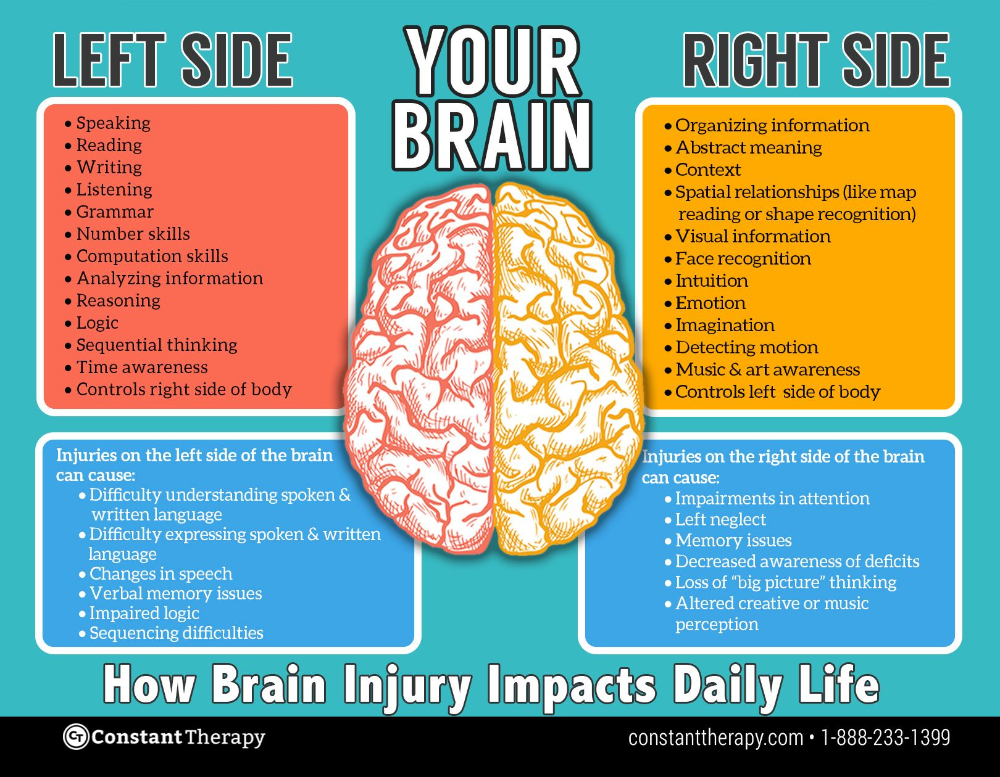 That’s why taking long, deep calming breaths disrupts that loop and helps you calm down.
That’s why taking long, deep calming breaths disrupts that loop and helps you calm down.
There are various breathing techniques to help you calm down. One is three-part breathing. Three-part breathing requires you to take one deep breath in and then exhale fully while paying attention to your body.
Once you get comfortable with deep breathing, you can change the ratio of inhalation and exhalation to 1:2 (you slow down your exhalation so that it’s twice as long as your inhalation).
Practice these techniques while calm so you know how to do them when you’re anxious.
2. Admit that you’re anxious or angry
Allow yourself to say that you’re anxious or angry. When you label how you’re feeling and allow yourself to express it, the anxiety and anger you’re experiencing may decrease.
3. Challenge your thoughts
Part of being anxious or angry is having irrational thoughts that don’t necessarily make sense. These thoughts are often the “worse-case scenario. ” You might find yourself caught in the “what if” cycle, which can cause you to sabotage a lot of things in your life.
” You might find yourself caught in the “what if” cycle, which can cause you to sabotage a lot of things in your life.
When you experience one of these thoughts, stop and ask yourself the following questions:
- Is this likely to happen?
- Is this a rational thought?
- Has this ever happened to me before?
- What’s the worst that can happen? Can I handle
that?
After you go through the questions, it’s time to reframe your thinking. Instead of “I can’t walk across that bridge. What if there’s an earthquake, and it falls into the water?” tell yourself: “There are people that walk across that bridge every day, and it has never fallen into the water.”
4. Release the anxiety or anger
Dehorty recommends getting the emotional energy out with exercise. “Go for a walk or run. [Engaging] in some physical activity [releases] serotonin to help you calm down and feel better.”
However, you should avoid physical activity that includes the expression of anger, such as punching walls or screaming.
“This has been shown to increase feelings of anger, as it reinforces the emotions because you end up feeling good as the result of being angry,” Dehorty explains.
5. Visualize yourself calm
This tip requires you to practice the breathing techniques you’ve learned. After taking a few deep breaths, close your eyes and picture yourself calm. See your body relaxed, and imagine yourself working through a stressful or anxiety-causing situation by staying calm and focused.
By creating a mental picture of what it looks like to stay calm, you can refer back to that image when you’re anxious.
6. Think it through
Have a mantra to use in critical situations. Just make sure it’s one that you find helpful. Dehorty says it can be, “Will this matter to me this time next week?” or “How important is this?” or “Am I going to allow this person/situation to steal my peace?”
This allows the thinking to shift focus, and you can “reality test” the situation.
“When we’re anxious or angry, we become hyper-focused on the cause, and rational thoughts leave our mind.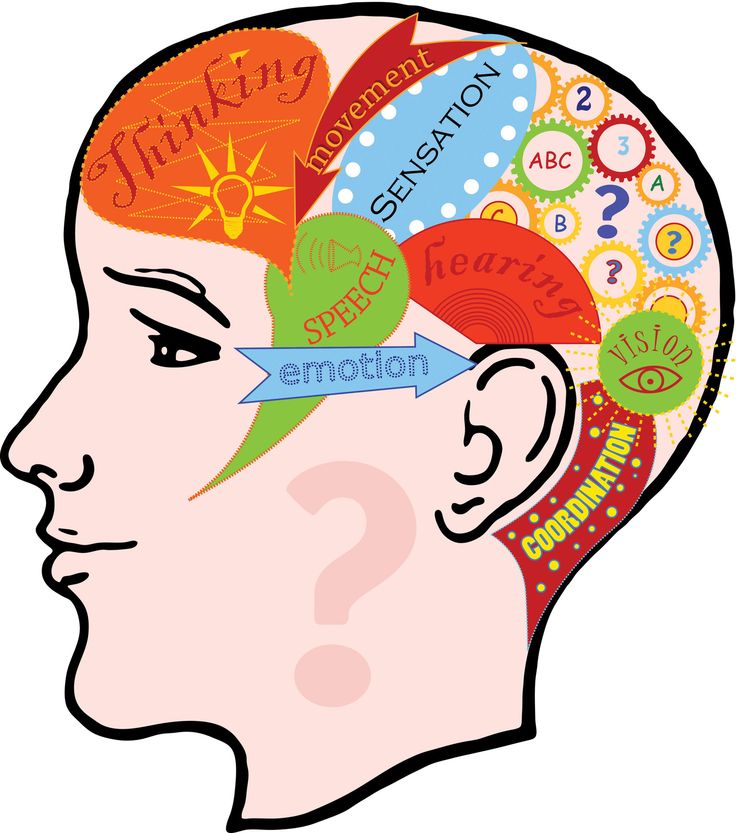 These mantras give us an opportunity to allow rational thought to come back and lead to a better outcome,” Dehorty explains.
These mantras give us an opportunity to allow rational thought to come back and lead to a better outcome,” Dehorty explains.
7. Change your focus
Leave the situation, look in another direction, walk out of the room, or go outside.
Dehorty recommends this exercise so you have time for better decision making. “We don’t do our best thinking when anxious or angry; we engage in survival thinking. This is fine if our life is really in danger, but if it isn’t life threatening, we want our best thinking, not survival instincts,” he adds.
8. Have a centering object
When you’re anxious or angry, so much of your energy is being spent on irrational thoughts. When you’re calm, find a “centering object” such as a small stuffed animal, a polished rock you keep in your pocket, or a locket you wear around your neck.
Tell yourself that you’re going to touch this object when you’re experiencing anxiety or frustration. This centers you and helps calm your thoughts. For example, if you’re at work and your boss is making you anxious, gently rub the locket around your neck.
9. Relax your body
When you’re anxious or angry, it can feel like every muscle in your body is tense (and they probably are). Practicing progressive muscle relaxation can help you calm down and center yourself.
To do this, lie down on the floor with your arms out by your side. Make sure your feet aren’t crossed and your hands aren’t in fists. Start at your toes and tell yourself to release them. Slowly move up your body, telling yourself to release each part of your body until you get to your head.
10. Drop your shoulders
If your body is tense, there’s a good chance your posture will suffer. Sit up tall, take a deep breath, and drop your shoulders. To do this, you can focus on bringing your shoulder blades together and then down. This pulls your shoulders down. Take a few deep breaths.
You can do this several times a day.
11. Identify pressure points to calm anger and anxiety
Going for a massage or getting acupuncture is a wonderful way to manage anxiety and anger. But it’s not always easy to find time in your day to make it happen. The good news is, you can do acupressure on yourself for instant anxiety relief.
But it’s not always easy to find time in your day to make it happen. The good news is, you can do acupressure on yourself for instant anxiety relief.
This method involves putting pressure with your fingers or your hand at certain points of the body. The pressure releases the tension and relaxes your body.
One area to start with is the point where the inside of your wrist forms a crease with your hand. Press your thumb on this area for two minutes. This can help relieve tension.
If you’re short on time but need to calm down fast, these quick in-the-moment tips can help.
12. Get some fresh air
The temperature and air circulation in a room can increase your anxiety or anger. If you’re feeling tense and the space you’re in is hot and stuffy, this could trigger a panic attack.
Remove yourself from that environment as soon as possible and go outside — even if it’s just for a few minutes.
Not only will the fresh air help calm you down, but also the change of scenery can sometimes interrupt your anxious or angry thought process.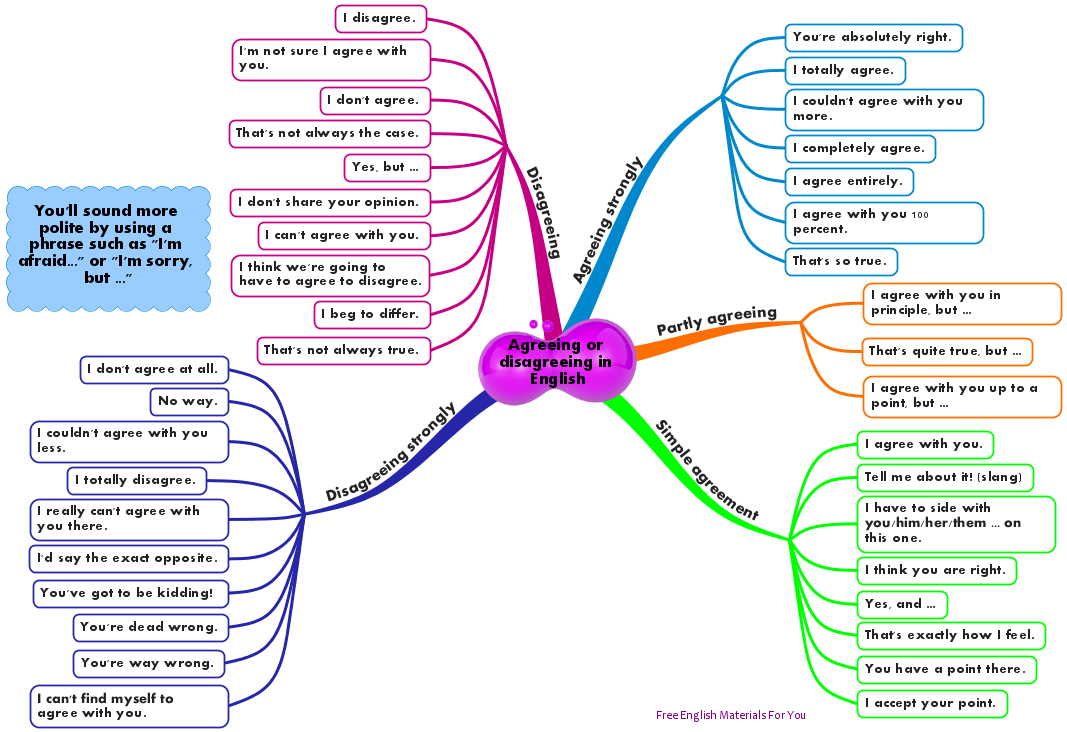
13. Fuel your body
Being hangry never helps. If you’re hungry or not properly hydrated, many relaxation techniques won’t work. That’s why it’s important to slow down and get something to eat — even if it’s just a small snack.
Try nibbling on some dark chocolate. Research shows it can help boost brain health and reduce stress.
Wash it down with a cup of green tea and honey. Studies show green tea can help reduce the body’s stress response. Research has found that honey can help relieve anxiety.
14. Chew gum
Chewing on a piece of gum can help reduce anxiety (and even boost mood and productivity). In fact, research shows people who chew gum regularly are typically less stressed than non-gum chewers.
15.
Listen to musicThe next time you feel your anxiety level cranking up, grab some headphones and tune in to your favorite music. Listening to music can have a very calming effect on your body and mind.
16. Dance it out
Get moving to your favorite tunes. Dancing has traditionally been used as a healing art. Research shows it’s a great way to combat depression and anxiety and increase quality of life.
Dancing has traditionally been used as a healing art. Research shows it’s a great way to combat depression and anxiety and increase quality of life.
17. Watch funny videos
Sometimes laughter really is the best medicine. Research has found that laughing provides therapeutic benefits and can help relieve stress and improve mood and quality of life. Do a quick internet search to find funny videos for an instant mood boost.
18. Write it down
If you’re too angry or anxious to talk about it, grab a journal and write out your thoughts. Don’t worry about complete sentences or punctuation — just write. Writing helps you get negative thoughts out of your head.
19. Squeeze a stress ball
When you’re feeling stress come on, try interacting with a stress-relief toy. Options include:
- stress ball
- magnetic balls
- sculpting clay
- puzzles
- Rubik’s cube
- fidget spinner
20. Try aromatherapy
Aromatherapy, or the use of essential oils, may help alleviate stress and anxiety and boost mood. Those commonly used in aromatherapy include:
Those commonly used in aromatherapy include:
- bergamot
- cedarwood
- chamomile
- geranium
- ginger
- lavender
- lemon
- tea tree
Add a few drops of essential oil to a diffuser, or mix it with a carrier oil (like coconut oil) and apply to your skin for quick relief.
21. Seek social support
Venting to a trusted friend, family member, or coworker can do wonders. Even if you don’t have time for a full play-by-play phone call, a quick text exchange can help you let it all out and help you feel heard.
Bonus points if you engage with a funny friend who can help you laugh for added stress relief.
22. Spend time with a pet
Interacting with your favorite furry friend can decrease levels of the stress hormone cortisol and lower blood pressure. Quality time with a pet can also help you feel less alone and boost your overall mood.
Trick your brain: how to overcome laziness and start working
Recent advances in neuropsychology will help everyone who is used to being lazy, but is looking for new ways of motivation
Early yesterday, no time today, late tomorrow.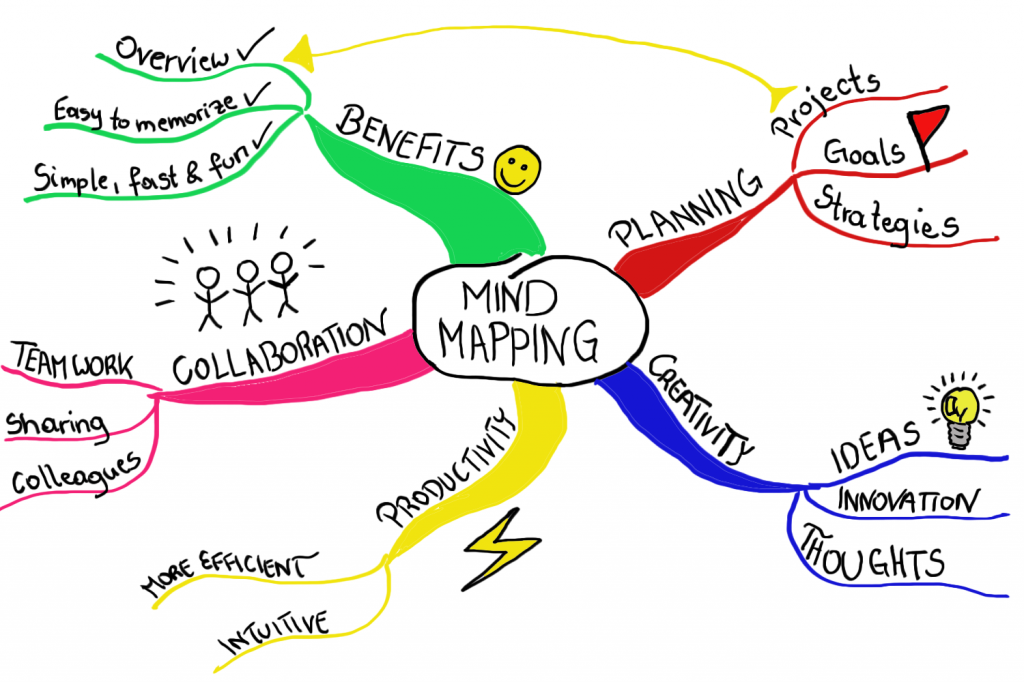 We are always waiting for the right moment to make a dream come true. Either there is no time and knowledge, then the circumstances are not the same. Famous people had similar problems. Everyone got out as best they could. So, resentment and hatred for the Metallica group moved forward Dave Mustaine, the founder of the American metal band Megadeth, the French writer Victor Hugo cut his hair in an unsightly way to eliminate the desire to go out and finish the novel on time, and the composer Ludwig van Beethoven stimulated activity by pouring ice water. Nowadays, it is not necessary to resort to such radical methods. It is enough to analyze the latest achievements in the field of neuropsychology, adjust your behavior a little and enjoy the result. nine0005
We are always waiting for the right moment to make a dream come true. Either there is no time and knowledge, then the circumstances are not the same. Famous people had similar problems. Everyone got out as best they could. So, resentment and hatred for the Metallica group moved forward Dave Mustaine, the founder of the American metal band Megadeth, the French writer Victor Hugo cut his hair in an unsightly way to eliminate the desire to go out and finish the novel on time, and the composer Ludwig van Beethoven stimulated activity by pouring ice water. Nowadays, it is not necessary to resort to such radical methods. It is enough to analyze the latest achievements in the field of neuropsychology, adjust your behavior a little and enjoy the result. nine0005
As we already know from the previous article, we have two opposing parts. The representative of the ancient brain, let's call him Zhrulkin (he wants everything now), and the young brain - Rationalov (thinks about the future). Due to the fact that Rationalov consumes more energy and is less responsible for survival and procreation, Zhrulkin more often dominates us. The usefulness of Zhrulkin has been proven by millions of years of incredible human vitality. He makes sure that we work less, eat more, and motivate us to have sex. There are exceptions, and a person from childhood can control Zhrulkin, but not everyone is so lucky. Therefore, most need various tricks in order to push it into the background. Consider the most effective ways. nine0005
Due to the fact that Rationalov consumes more energy and is less responsible for survival and procreation, Zhrulkin more often dominates us. The usefulness of Zhrulkin has been proven by millions of years of incredible human vitality. He makes sure that we work less, eat more, and motivate us to have sex. There are exceptions, and a person from childhood can control Zhrulkin, but not everyone is so lucky. Therefore, most need various tricks in order to push it into the background. Consider the most effective ways. nine0005
Use your brain's weakness for unfinished business
Once you start, you won't be stopped. The brain gets to work. After all, unfinished business terribly annoys him. This was confirmed in his research by psychologist Kenneth McGraw. The subjects were given a puzzle and, when everything was almost ready, they were asked to finish. There was no rational point in continuing to complete the puzzle, but 90% of the participants remained to complete the work.
There was no rational point in continuing to complete the puzzle, but 90% of the participants remained to complete the work.
A similar effect occurs when reading an uninteresting book or watching a movie. There is no point in continuing, but unconsciously I want to finish reading or watching it. To use the method for your own selfish purposes, it is enough to get off the ground, for example, by working in a group of like-minded people. nine0005
Further, the effect of the unfinished action will keep pushing you to work.
Change your mental attitude
A patient of the American psychiatrist Milton Erickson could not keep her weight at 60 kg. As soon as the cherished figure was reached, the girl returned to her usual 80 kg. Erickson warned that the treatment would be painful, and the patient agreed. He forced her to increase her total from 80 to 90 kg. The girl threw tantrums, sobbed, but gradually recovered to 90 kg.
Erickson warned that the treatment would be painful, and the patient agreed. He forced her to increase her total from 80 to 90 kg. The girl threw tantrums, sobbed, but gradually recovered to 90 kg.
And then, with incredible relief, she began to reduce it and quickly reached 60 kg. The secret of success is to change the mental attitude from "lose weight - gain weight" to "gain - lose weight." The fear of overcoming this horror again allowed me to consolidate my success and not gain more weight. Many more are familiar with the problem of skipping workouts: today I will cancel the lesson, but next time I will go 100%. And the next day, do not go, giving yourself a new promise. The way out will be to change the attitude “I won’t go today - I’ll go tomorrow”, to “I won’t go today - I won’t go tomorrow”. Promise yourself that if you skip class today, you will forget about sports for two weeks. And it is more difficult to do it than to postpone it for tomorrow. So you get rid of the standard excuse and stop feeding yourself breakfast. nine0005
So you get rid of the standard excuse and stop feeding yourself breakfast. nine0005
Make the first step as easy as possible
Getting started is often difficult because of how long it can take. The brain draws scary pictures of a temporary apocalypse. Trembling with horror, we try to move this terrible moment as far as possible. An effective anti-apocalyptic solution would be to split the task into a number of small, not scary, and sometimes tasty ones. You don't have to do a thesis.
Plan to make a title page, table of contents, or introduction. It is best that the first step takes no more than 20 seconds. Thanks to the butterfly effect, small actions can lead to incredible results. nine0005
Build neural connections
The brain doesn't like doing new things. From his point of view, it can be unsafe and very energy-consuming. The new activity differs from the usual one in a smaller number of neural connections in the brain. And to develop new connections, you need to constantly practice.
From his point of view, it can be unsafe and very energy-consuming. The new activity differs from the usual one in a smaller number of neural connections in the brain. And to develop new connections, you need to constantly practice.
The practice of visualization copes with this task very well: the brain does not care whether you are actually doing the work or just imagining how you are working on a new thing.
In both cases, new neuropaths will be built. The effectiveness of visualization was able to prove the Australian psychologist Alan Richardson, conducting research on basketball players.
It was only by visualizing their shooting practice that the players were able to improve their results. The progress of the players who trained in the gym during the same time was not much better.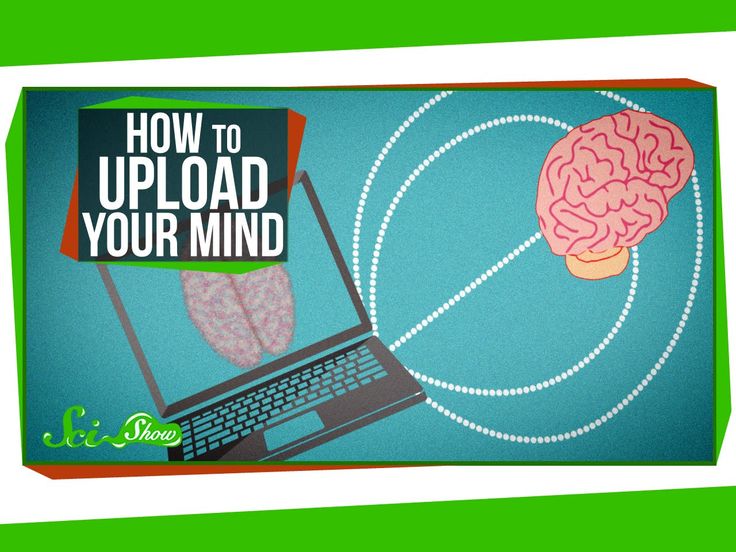 If you do not have enough willpower to start the daily necessary actions, mentally imagine that you are doing this business, and most importantly, with pleasure. Only the necessary neural connections will be developed in at least 45 days, but with each repetition it will be easier and easier for you to act. nine0005
If you do not have enough willpower to start the daily necessary actions, mentally imagine that you are doing this business, and most importantly, with pleasure. Only the necessary neural connections will be developed in at least 45 days, but with each repetition it will be easier and easier for you to act. nine0005
Train your willpower
Success in life depends on willpower. The research of professor of psychobiology Casey from Cornwell University clearly proves this. Casey offered marshmallows to the children, but with the condition that if you wait 15 minutes, you can get another sweet. Some of the children could not resist the temptation and ate marshmallows right away. After 40 years, the professor decided to find out the fate of the children and saw that those who passed the test and did not eat marshmallows turned out to be more efficient, moderate in nutrition and less susceptible to bad habits. But there is good news for the weak-willed: willpower can be trained. nine0005
But there is good news for the weak-willed: willpower can be trained. nine0005
You can follow the path of the physicist Nikola Tesla, who deliberately refused desserts in favor of others, thus developing willpower. Or start meditating. After all, meditation suppresses the ancient impulsive brain, reducing stress, anxiety and fear. Meditation activates the frontal lobes responsible for willpower, improving attention, memory, concentration and creativity. Five to ten minutes of meditation a day is enough to develop self-control.
Fill up with hormone fuel
Hormones regulate metabolism and cellular activity, have a significant impact on performance. A cocktail of melatonin, dopamine, endorphin, serotonin and oxytocin will add strength and motivation to achieve outstanding results.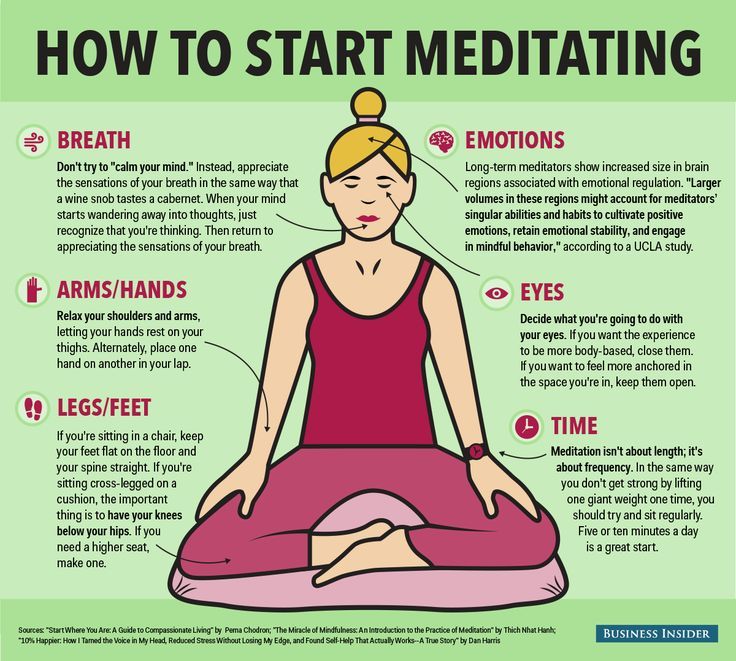
Melatonin strengthens the immune system, slows down the aging process, and is produced only at night, so good sleep is so important.
Dopamine is a hormone of pleasure, it affects motivation. It is helped to produce pleasant memories, delicious food, and alcohol, but with devastating consequences. nine0005
Endorphin is a hormone of joy. Synthesis occurs under the influence of physical activity.
Serotonin is a hormone of good mood, produced under the influence of pleasant memories and sunlight.
Oxytocin reduces anxiety, and its synthesis is promoted by sex, massage and communication with friends.
The main thing to remember is that the performance depends on the quality of the fuel. Therefore, supply the body with first-class fuel. nine0005
These recommendations will be enough to move in the direction of your dreams. After all, a modern person has at least a few opportunities a day to change his life, and the surrounding conditions are conducive to this. The main thing is to suppress the desire to radically change in one day, and introduce new practices gradually, without stress for the body. And according to the law of dialectics, quantity always turns into quality.
Therefore, 30 minutes of daily willpower will be enough to reach new heights in the field of health, relationships, finances, creativity and other areas of life. The point is small - to tear yourself off the couch and act.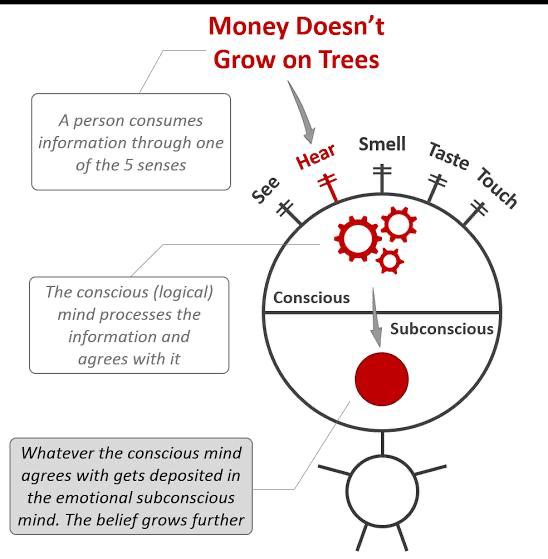 nine0005
nine0005
- The secret life of the brain: the reasons why we are lazy
- Ladder of success. Why money does not make us happy
- Self-builder: how human emotions arise and what they depend on
7 ways to trick your brain and deal with negative thoughts
March 13, 2022 Life
Positive attitudes and a heavy blanket will help you become an optimist.
You can listen to the article. If it's more convenient for you, turn on the podcast. nine0104
"Try to think positively" - you've heard this advice a million times. There is nothing wrong with it, of course, but not everyone succeeds in following it.
Pamela Gale Johnson
Founder of the Secret Society of Happy People.
It is easier for people to think about the bad than about the good. Once faced with danger, like cavemen, we begin to look for other things that can harm us.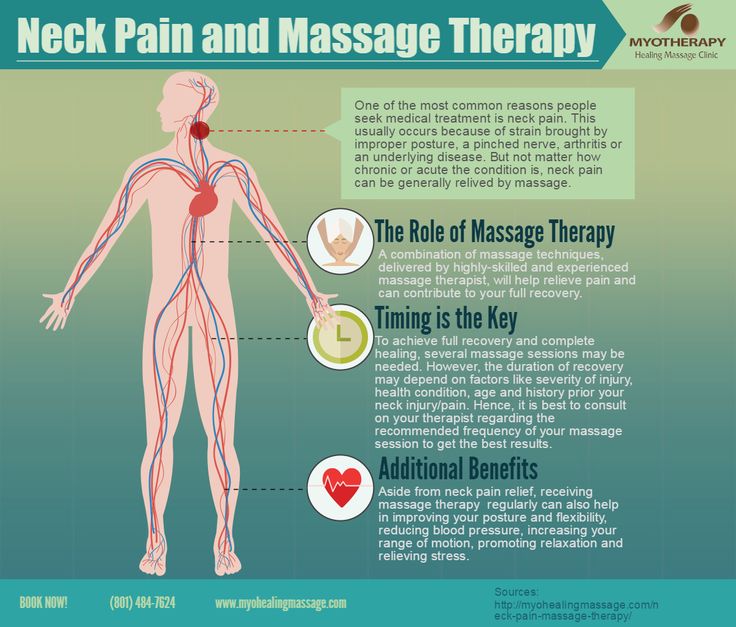
Therefore, you need to make an effort to learn to think that nothing bad will happen, and then look for something positive. Here are a few tricks to help you do just that. nine0005
1. Find a way to incorporate positive attitudes into your daily activities
Positive attitudes, or affirmations, that we repeat every day help to increase self-esteem, if we really believe in what we say. This has been confirmed by scientific research.
Until affirmations become a habit, most likely you will forget about them during the day. To fix this, try this hack:
Greg Shepard
Health Expert. nine0005
I have created passwords for all online services that consist of the first letters of words in a sentence. For example, one of the passwords was a short version of the phrase "Every day I get better and better." And I repeat this setup daily by logging in.
2. Imagine that the negative thoughts are the passengers of the bus you are driving.
Joe Eclair
Licensed psychologist.
My favorite technique is this: I imagine that negative thoughts are unsolicited advice that I will never follow. I say "thank you" and ignore him. nine0005
This cognitive strategy can teach you to control your train of thought and not attach too much importance to it.
You just imagine yourself driving a bus with negative thoughts. You can even give each passenger a personality and voice. They ride with you and annoy you with their incessant pessimistic talk. And here the main thing is to remember that you are the bus driver. And only in your power to drive them out of the cabin.
This is a good strategy to understand that it is not thoughts that control you, but exactly the opposite. nine0005
3. Turn Negative Thoughts into Neutral
Sasha Heinz
Developmental Psychologist and Certified Personal Growth Coach.
If we are haunted by negative thoughts, it is easiest to turn them into neutral ones first.
It is difficult to switch from an anxious state to a happy one just thanks to the settings. For example, if you have been worried for a very long time that you still have not met your love, affirmations are unlikely to help you join positive-minded people. It's not that easy. Therefore, it is better to neutralize the negative first and only then practice positive attitudes. nine0005
For example, if you have been worried for a very long time that you still have not met your love, affirmations are unlikely to help you join positive-minded people. It's not that easy. Therefore, it is better to neutralize the negative first and only then practice positive attitudes. nine0005
It's much easier to move from "I'll never find my love" to "I just haven't met the right person yet" than to immediately shout: "My soul mate is already halfway to me!" Your brain will more easily accept such changes.
4. Try the Emotional Freedom Technique
Use your fingertips to explore the meridians of the body, such as the crown area, tap on them and repeat the affirmations. Thanks to this, emotional blocks can be removed.
Please note that the technique requires a complete understanding between body and mind. Some may think that this is too much. But if the technique aroused genuine interest, you can try. However, there is no scientific evidence of its effectiveness. nine0005
nine0005
5. Cover yourself with a heavy blanket
Negative thoughts bother you not only during the day, but also at night. And this is where a blanket comes in handy. It turns out that sleeping under a heavy blanket (from two to 13 kg) will help to cope with anxiety. As experts explain, it puts a palpable pressure on your body, and this promotes relaxation and helps you fall asleep faster.
This may be due to the body's grounding effect, which reduces stress and pain and improves sleep quality.
6. Try Aromatherapy
Although aromatherapy is not well researched, there is some evidence of its effectiveness. It helps to cope with feelings of anxiety and improves the quality of sleep.
Lindsey Elmore
Pharmacist and health expert.
When you inhale the aroma of oils, it affects the limbic system of the brain, which is also responsible for our emotions.
You can use a diffuser or just take a bath with a few drops of oil. nine0005
7.
 Stop the fight
Stop the fight Couples who think their relationship is doomed from the start do end up falling apart. This is the Pygmalion effect in action: you unconsciously do what leads to the expected result. You'll either get smart and go on the offensive hoping to make a difference, or you'll just go with the flow because the problem doesn't deserve attention.
In the case of negative thoughts, everything works the same way. You are completely immersed in the problem, considering all possible solutions and thereby only increase its significance. Instead, just be aware, accept, and embrace your negative thoughts. nine0005
Jacqueline Pirtle
Happiness and Mindfulness Trainer.
You will go into a "I'm not going to fight them" mode, free from pressure and resistance. And moving towards a positive life is easier when you are in harmony with your negative thoughts.
Life is cruel, and you won't be able to turn from a pessimist into an optimist at the click of a button.